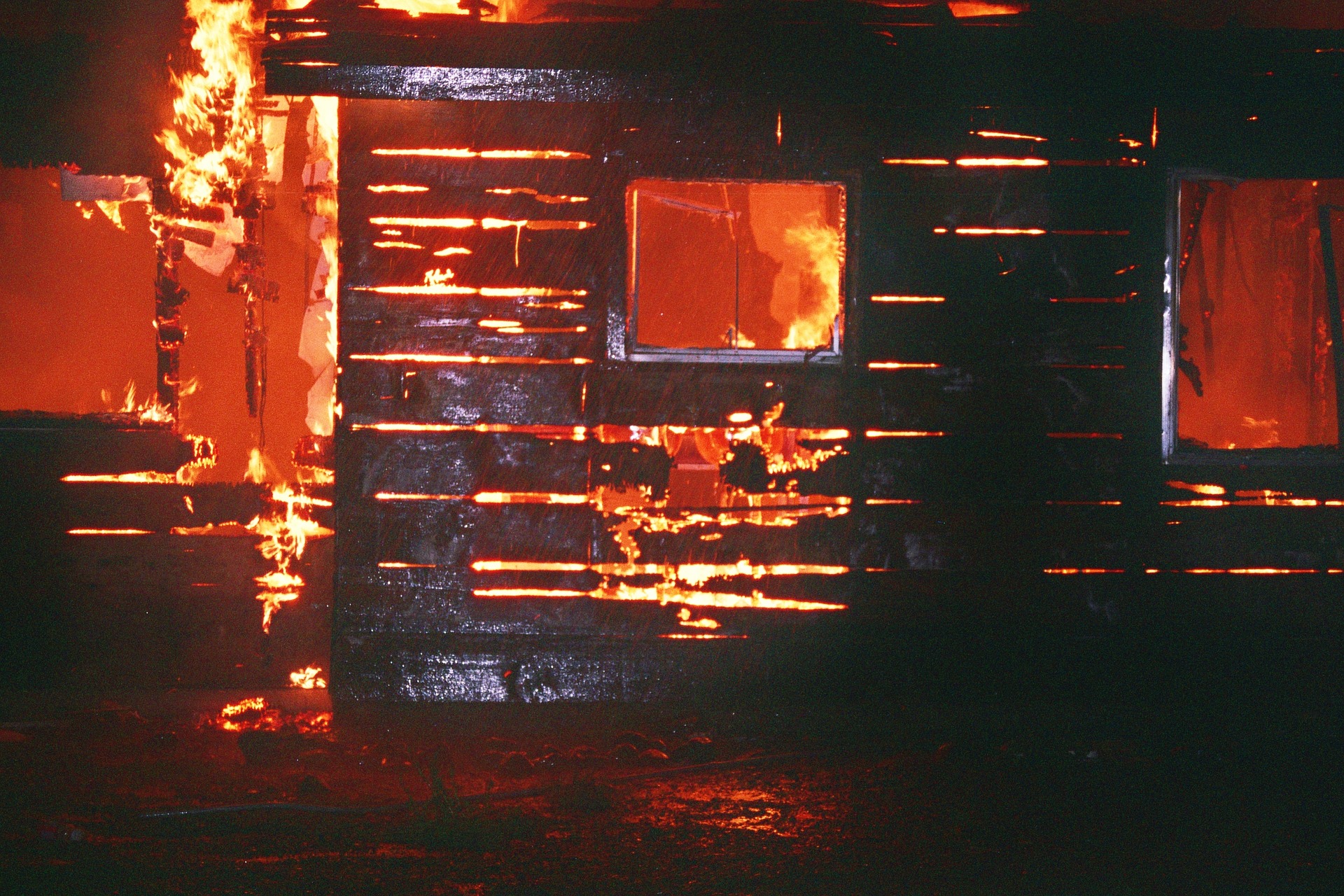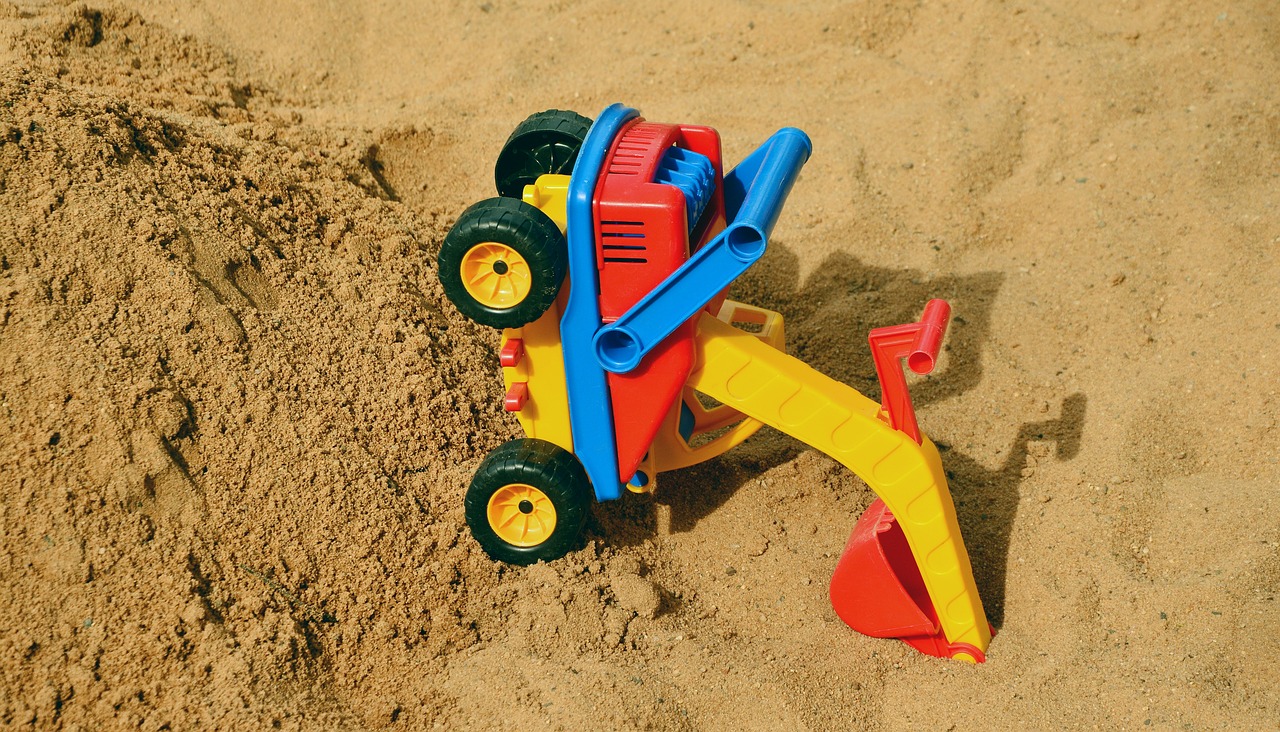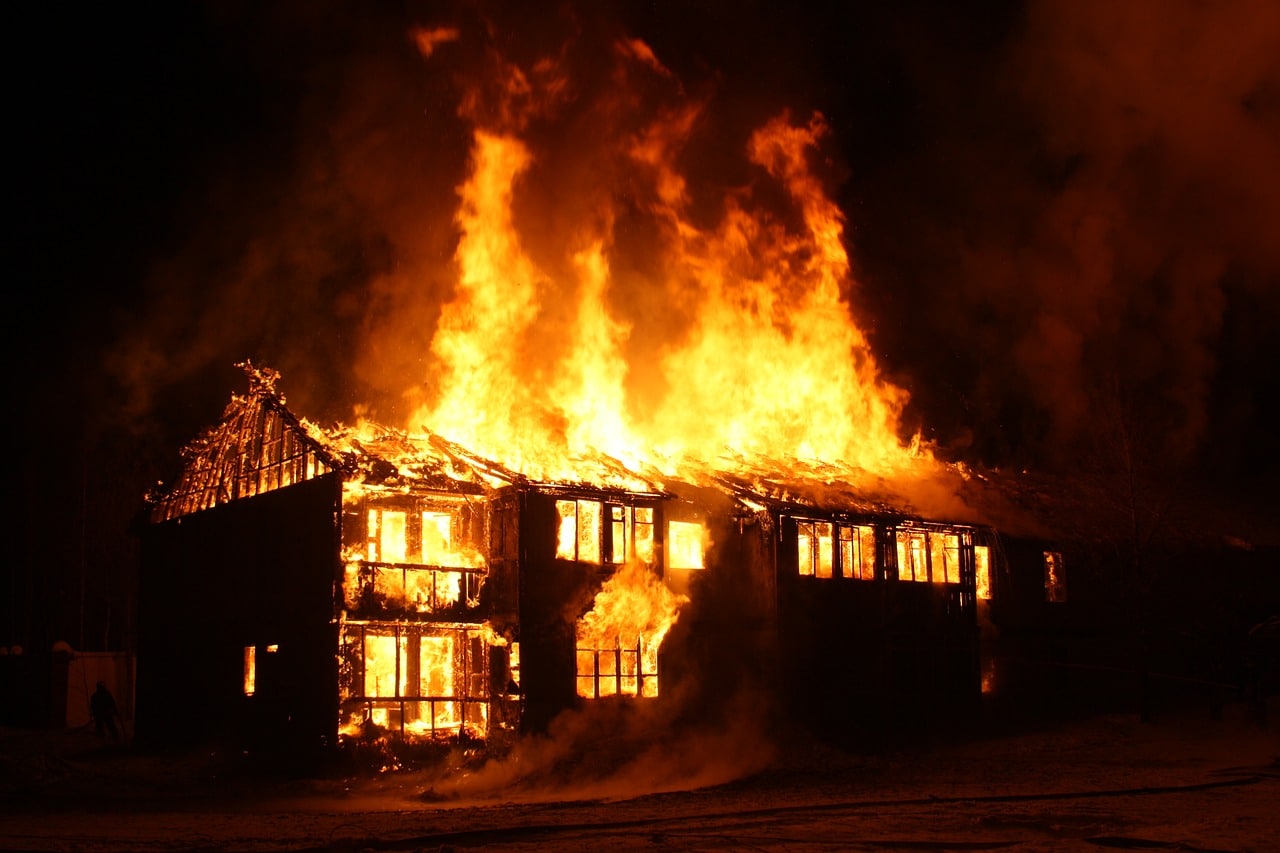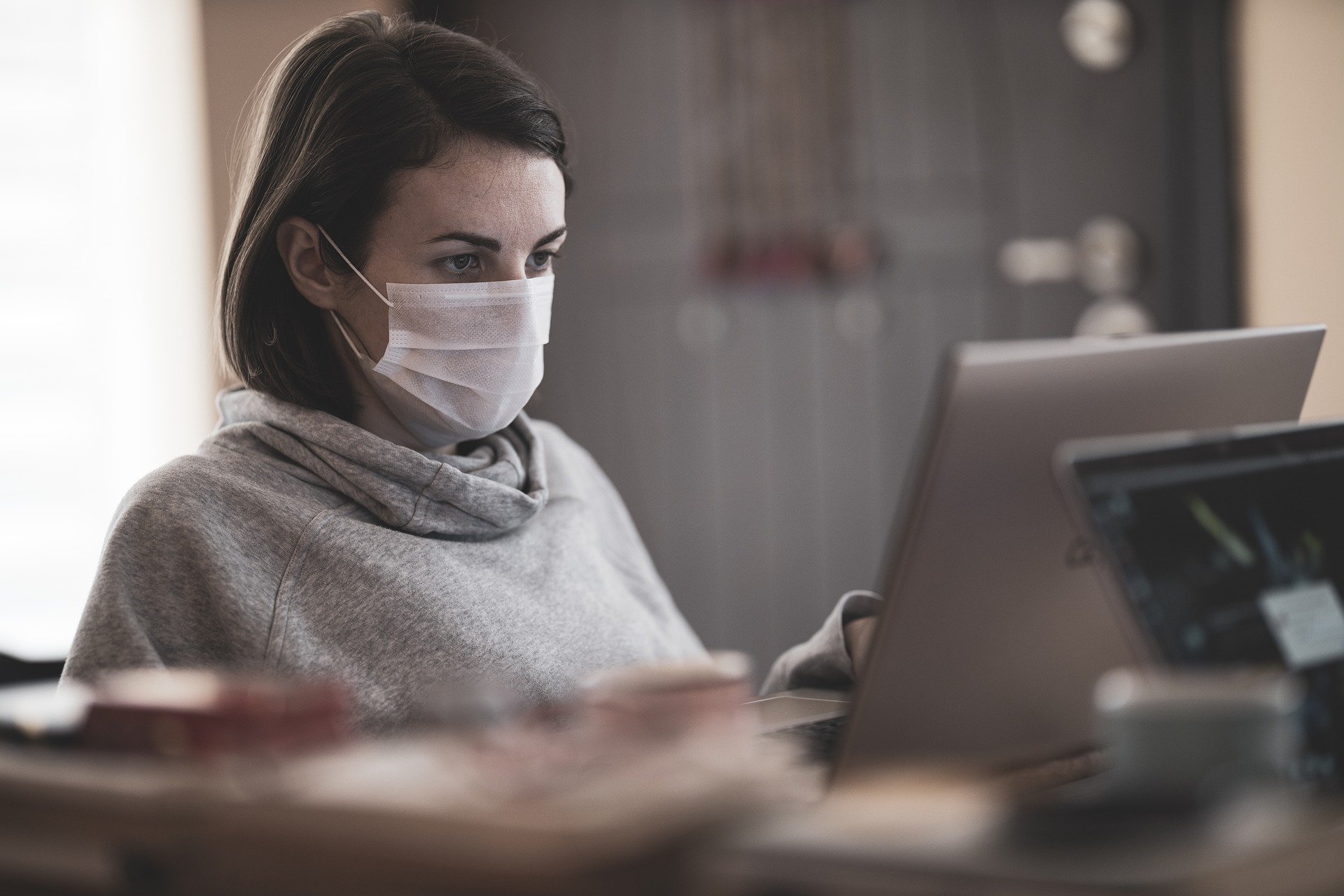The Northern Ireland Protocol was introduced as part of the Withdrawal Agreement between the UK and the EU, to avoiding a hard border on the island of Ireland, whilst ensuring that the UK, including Northern Ireland, could leave the EU as a whole. Therefore, it included a number of special provisions which apply only in Northern Ireland from 1 January … Read More
SOUNDING THE LOCKDOWN ALARM (NOT COVID-19)
For clarity we will start with a quick note that this is not another article about Coronavirus. It is common for properties to be fitted with fire alarm systems to alert people to a fire and to inform them to evacuate the building. There are a number of different types of alarm system that can be installed depending on the … Read More
NEW FIRE SAFETY GUIDANCE FOR HOLES IN WALLS etc
Walls, floors and ceilings play an important role in containing and slowing the spread of fire in buildings and are an important factor in managing risk and allowing people to escape safely in an emergency. The compartmentation of buildings provided by properly constructed walls, floors and ceilings helps contain fire for a certain amount of time in the area of … Read More
RECORD LOW FOR FATAL WORKPLACE ACCIDENTS IN THE UK
The latest statistics just released by the HSE show that in the year April 2019 to March 2020, 111 workers were killed as a result of accidents at work. This compares to 149 deaths the previous year and is the lowest level on record, however at this stage it is not possible to say what impact the current COVID-19 pandemic … Read More
HSE ISSUE KN95 FACEMASK WARNING
The HSE have issued a safety alert warning employers against the use of KN95 facemasks as Personal Protective Equipment. Except where it has been organised by the UK Government for use by NHS or other healthcare workers where assessments have been undertaken by HSE as the Market Surveillance Authority, items can only be sold as Personal protective equipment if they … Read More
LATEST FIGURES SHOW FALL IN FIRE DEATHS
Fire and rescue statistics released by the Home Office for England the year ending December 2019 show a 10% fall in the number of fire related fatalities from 262 in the previous year to 237 in the latest year. In the same period, Fire and Rescue Services in England attended 157,156 fires, a drop of 12% from the previous year … Read More
WORKING FROM HOME MANAGING THE OTHER RISKS
The current infection control measures have seen a large increase in the number of people carrying out some or all of their work from home and an equally large increase in the number of articles about how to set up a safe workstation while, maintaining good posture with regular breaks from screen work and not overloading electrical sockets. In this … Read More
DO I HAVE TO WORRY ABOUT HEALTH AND SAFETY IN UNOCCUPIED PROPERTIES?
The short answer is, of course, YES. This is especially true if the property is only temporarily vacant and you are intending to safely re-occupy it at some point in the future e.g. once everyone can safely return from a period of lockdown. Exactly how much you need to worry and what you will need to do to ease those … Read More
SOCIAL DISTANCING IN THE WORKPLACE
Except for certain businesses, such as non-essential shops and public venues, which have been instructed to close, other employers can continue to work provided they can do so safely. Of course anyone who is ill with, showing symptoms of or living with someone who is ill with symptoms of coronavirus / COVID-19 should be staying at home in line with … Read More
WHEN ARE DISEASES REPORTABLE UNDER RIDDOR?
Under RIDDOR (The Reporting of Injuries, Diseases and Dangerous Occurrences Regulations) organisations are required to report certain work related accidents, injuries, dangerous occurrences and diseases involving their employees and others. Most organisations are familiar with the requirements for reporting injuries, the regulations also include lists of the types of dangerous occurrence that need to be reported depending on the type … Read More









